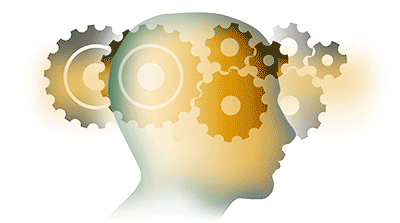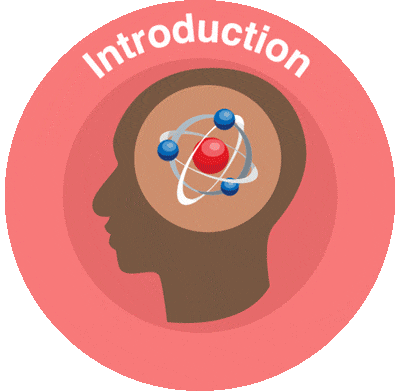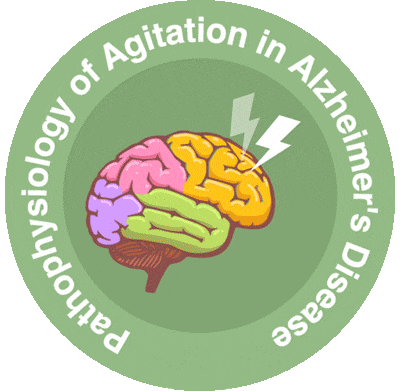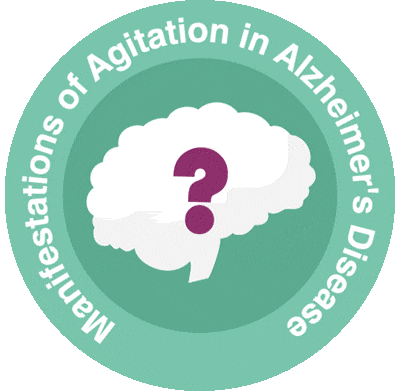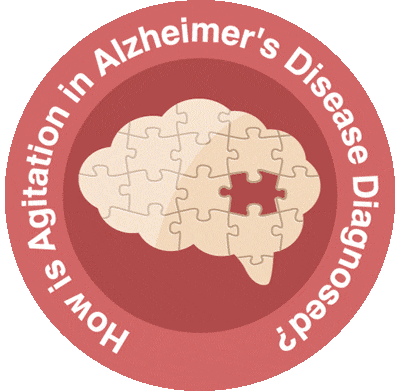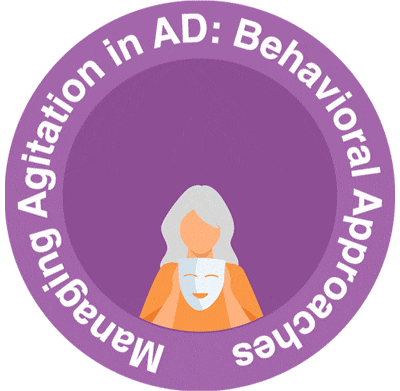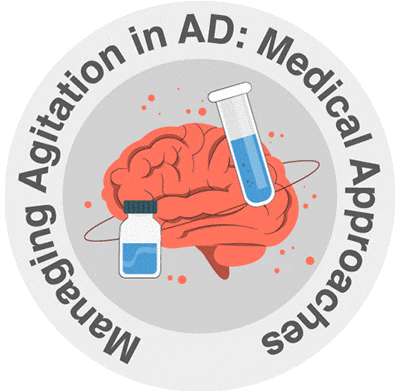
Managing Agitation in Alzheimer’s Disease: Behavioral Approaches
Managing agitation in Alzheimer’s disease should start with person-centered strategies like those highlighted in the box below.1
Person-centered strategies for improving agitation in Alzheimer’s disease2
- Provide education for the caregiver
- Enhance effective communication (verbal and nonverbal) between the caregiver and the person living with dementia
- Apply function-focused care to help maintain physical function and prevent frustration with not being able to perform various activities
- Create meaningful activities for the person living with dementia
- Simplify tasks and establish structured routines
- Simplify and enhance the living environment to ensure safety
Current guidelines recommend nonpharmacologic approaches such as music, aromatherapy, exercise, sensory stimulation interventions, animal-assisted therapy, and environmental modifications as a first-line approach to managing agitation in patients with Alzheimer’s disease.2
References
- Grossberg GT, Kolanowski A, Medders L, Sanford A, Scanland S. Understanding agitation in Alzheimer’s disease. Insights and Implications in Gerontology (https://issuu.com/gsastrategicalliances/docs/insightsimplicationsaad). August 2023.
- Reus VI, Fochtmann LJ, Eyler AE, et al. The American Psychiatric Association Practice Guideline on the use of antipsychotics to treat agitation or psychosis in patients with dementia (http://psychiatryonline.org/doi/book/10.1176/appi.books.9780890426807). Accessed 10/31/23.
